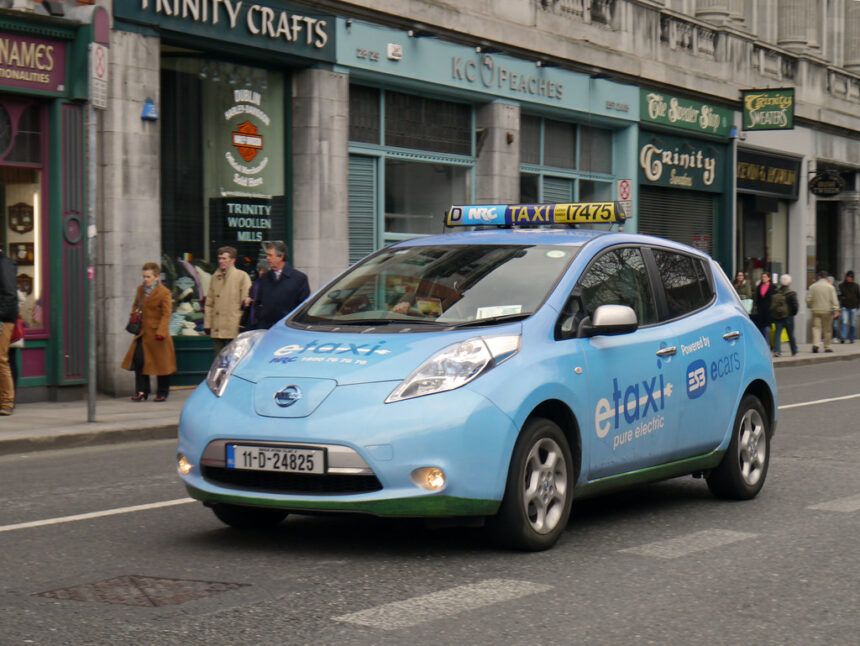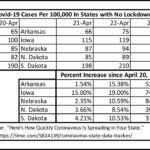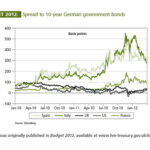The Mexican Economy Minister Marcelo Ebrard announced on Tuesday that vehicles made in Mexico but sent to the US would pay only 15% of the tax originally expected.
According to Reuters citing Ebrard the tariffs differ only because Mexican exports complying with the USMCA (US-Mexico-Canada Agreement) receive preferential discounts.
The Mexican auto industry has a huge advantage over its counterparts from other countries who ship cars to the United States.
Ebrard, in a speech at a public gathering, not only praised the rate of tariffs, but also noted that “what matters” are the benefits contained within the trade agreement.
It is a “very big advantage” compared with other countries who sell to the United States, although Mexico wants zero tariffs.
USMCA provides preferential treatment for exports, and offers tariff reductions to reduce the import tax burden on US auto exports.
US Tariff Policy and North American Trade
In March 2025 the tariff dispute between America and its trading partners intensified when the government of President Donald Trump imposed new tariffs on cars that were not made in the United States.
The tariff was implemented in April 2025. This raised concerns for automakers from Mexico and Canada who rely heavily on US automotive exports.
Under the USMCA rules, the North American Free Trade Agreement, or NAFTA, was replaced by the USMCA. This new agreement allows automakers in Mexico and Canada to enjoy lower tariffs.
To reduce tariffs, the preferred method is to confirm how many components made in America are used on each vehicle.
The automakers can reduce the tax rate from 25 to a lesser amount based on how much US content is in the vehicle.
Ebrard says that if the US Department of Commerce approves this certification, the 25 percent tariff will only apply to non-US parts of the vehicle. The US made components remain free of tariff.
The certification process is not without its challenges
It is not easy to obtain certification. Businesses requesting tariff reductions must provide detailed declarations showing the proportion of US-made vehicles in the vehicle.
US authorities will closely monitor the compliance of all requirements. US Customs will charge companies retroactive tariffs if they misreport the US content of their declared products.
To continue receiving the benefits of reduced tariffs, automakers must regularly demonstrate that their vehicles meet certification criteria.
Mexico’s officials have worked closely with the automakers in order to maximize the number of tariff reductions that automakers are eligible for under the USMCA.
The Mexican Automotive Sector
Mexico has a strong presence in the automotive sector. It is one of the leading car exporters into the United States.
Mexico’s automotive manufacturing industry is a major part of the country’s economy. Many foreign automakers have opened factories to benefit from lower labour costs and favorable trade conditions.
Mexican automakers are relieved by the favorable tariff reductions, as they had been worried about the effect of Trump’s tariffs on vehicles not made in the US.
Automakers asked the US Government to lower its tariffs so as not to disrupt their trade and supply links.
While the 15% tax is still higher than previous rates, it’s a much more manageable burden than the 25% duty which would have been levied without special concessions.
Look ahead to trade relations and industrial adaptation
The future of North American trading ties is uncertain, and not just because of tariffs. Mexico, Canada and the US are negotiating the USMCA, which aims to balance economic and trade objectives.
Discussions are likely to continue to focus on the automobile industry, as it accounts for an important portion of regional industrial production and economic output.
For the time being, Mexican automakers are operating under the USMCA to benefit from its tariff reductions.
The 15 percent tariff is a buffer that helps the industry adapt to the changing trade realities and lessens the impact on the US import tax policies.
As new information becomes available, this post Mexico’s auto imports to US will face 15% tariff rather than expected 25%.
This site is for entertainment only. Click here to read more




